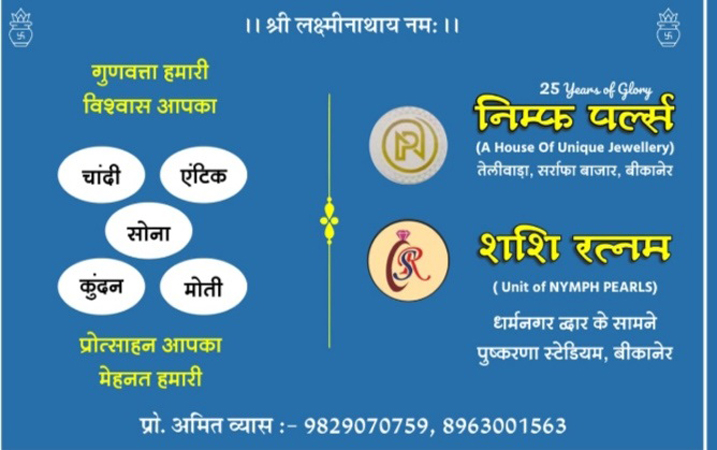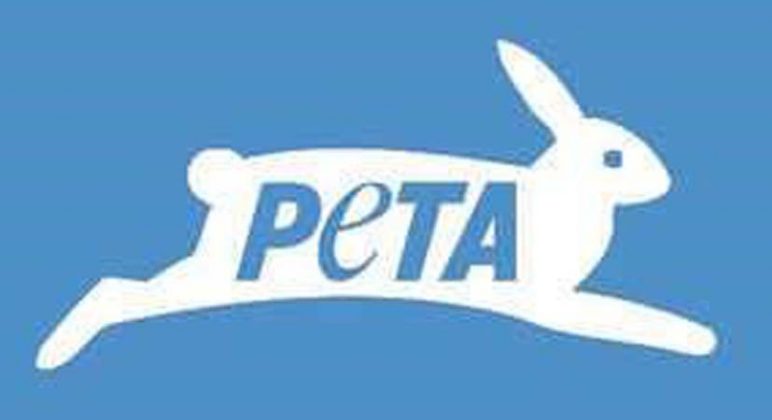











Jaipur. As the world battles a deadly disease that jumped to humans from other animals, People for the Ethical Treatment of Animals (PETA) India fired off a letter to Dr B D Kalla, Rajasthan’s Minister of Art & Culture, Archaeology and Museums, asking him to protect tourists from the risk of contracting tuberculosis (TB) from captive elephants by banning elephant rides at Amer Fort for good. The group also urged him to direct the Department of Archaeology and Museums to issue licences to elephant caretakers and mahouts that allow them instead to operate eco-friendly cars to shuttle tourists at Amer Fort safely.
The news release is available in Hindi here.
“The only way to protect tourists and the general public from TB is to stop using elephants for rides and prevent humans from coming into direct contact with them,” says PETA India CEO and veterinarian Dr Manilal Valliyate. “PETA India appeals to the Rajasthan government to protect the public as well as the sick, suffering elephants who are being denied much-needed veterinary care, putting everyone at risk.”
An April 2018 evaluation report of captive elephants in Jaipur by the Animal Welfare Board of India (AWBI) – a central government statutory body – revealed that 10% of the checked elephants, who are used for rides and other tourist interactions near Jaipur, were found to be reactive in a rapid serological test for TB. This report also states that the post-mortem reports for four elephants who died within a period of five months in 2017 indicate that they all had been suffering from respiratory disease – likely TB. However, information collected under the Right to Information Act, 2005, shows that in 2018, following the AWBI inspection, the Rajasthan Forest Department used TB test kits that weren’t specific to elephants, weren’t meant for diagnostic purposes, and weren’t approved by any regulatory body to declare recklessly that seven out of the 10 elephants initially found reactive for TB by the AWBI were now TB-free. An Indian study published in 2013 discovered “two probable cases of cross-species transmission of M tuberculosis between mahouts and captive elephants. First is [a] case of human-to-elephant [transmission] and second is [a] case of elephant-to-human transmission of M. tuberculosis”. Another Indian paper published in 2016 stated, “There is evidence to suggest cross-species tuberculosis transmission,” based on one-time screenings of nearly 800 elephants and their mahouts over a period of three years. More than 134 elephants used for rides at Amer Fort have not been tested for TB.
PETA India – whose motto reads, in part, that “animals are not ours to use for entertainment or abuse in any other way” – opposes speciesism, which is a human-supremacist worldview. For more information, please visit PETAIndia.com.
बीकानेर के अक्कासर में मिले पॉजीटिव की हिस्ट्री खंगाली, करीब 40 जनों को क्वारेंटाइन…
















